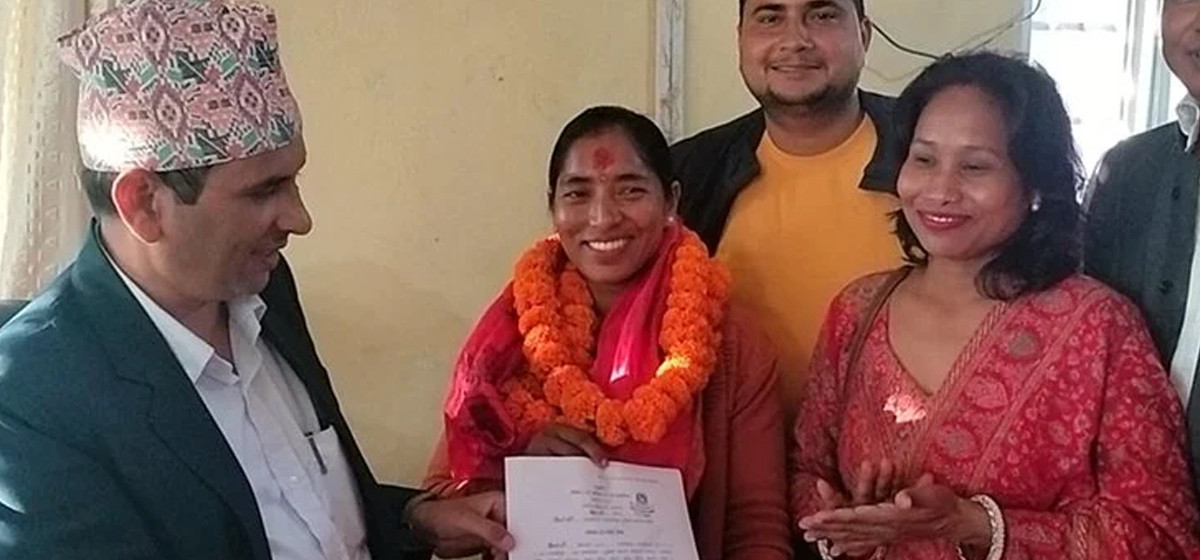KATHMANDU, July 19: The 3rd International Conference on Financing for Development (FfD-3) held in Addis Ababa from July 13 to 16 adopted the 'Addis Ababa Action Agenda', expressing a strong political commitment to create an enabling environment for financing an ambitious set of sustainable development goals (SDGs) in the spirit of global partnership and solidarity.
According to a press statement issued by the Ministry of Foreign Affairs (MoFA), the agenda is a culmination of months of negotiations among member states of the United Nations covering seven areas of action in domestic public resources; domestic and international private business and finance; international development cooperation; international trade; debt sustainability; systemic issues; and science, technology, innovation and capacity building.
Ivanka Trump honors victims of Ethiopian air crash

"The action agenda is of particular significance as it precedes the UN Summit in September for the adoption of the Post-2015 Development Agenda as well as the UN Climate Change Conference in December. It, therefore, sets the stage for several global development milestones over the next 15 years," the statement added.
The Nepali delegation to the conference was led by Dr Swarnim Wagle, member of the National Planning Commission. Addressing the conference, Wagle began by referring to the earthquake of April 2015 to illustrate the relevance of themes being discussed as part of the Addis Ababa Action Agenda. "He shared with the international community the country's aspiration to become a vibrant middle-income nation by 2030 by pursuing a higher trajectory of economic growth within the balanced three-pillar framework of the SDGs," said the statement.
Stating that the traditional model of aid needs an overhaul, Wagle said Nepal is seeking a new kind of Official Development Assistance (ODA) that passes the scrutiny of 'cost effectiveness, relevance, and the value of debt' and help fill critical gaps in knowledge, skills and finance. He also emphasized the need for augmenting the value of remittances by lowering the cost of transfers, optimizing use through financial literacy campaigns, and reducing the heavy social consequences of temporary migration. At the conference, Wagle engaged in a series of side events and bilateral meetings.
The five-member Nepali delegation to the FfD conference also included Prem Kumar Rai, secretary of the Office of the Prime Minister and Council of Ministers as well as representatives of the MoFA, Ministry of Finance and the Permanent Mission of Nepal to the United Nations in New York.


































